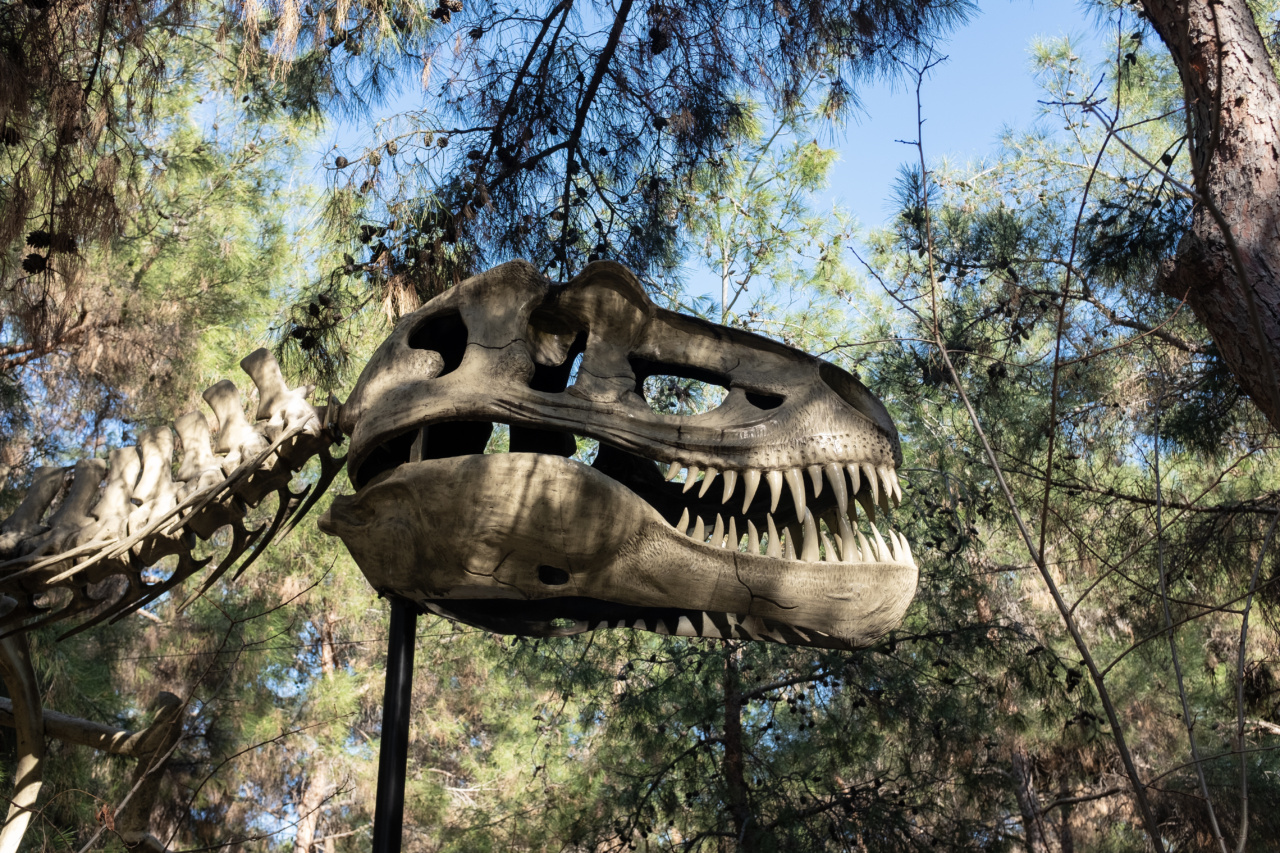As we age, we become more prone to bone weakening conditions such as osteoporosis and fractures. Most of the time, people associate bone weakening with lack of calcium, Vitamin D and other important minerals.
Though that is true, what most people do not know is that a surprising factor can weaken your bones: stress. Stress can trigger a hormonal imbalance that can lead to a decrease in bone density and muscle mass.
Stress and the Hormonal Imbalance
When the body is under stress, a hormone called cortisol is released. Cortisol is essential for the body’s “fight or flight” response, which helps the body react quickly to stressful situations.
However, when cortisol is released consistently due to chronic stress, the levels in the body start to become imbalanced. High levels of cortisol can slow down the production of testosterone and estrogen, which are critical hormones for bone health. These hormones promote bone growth, muscle mass, and strengthen the skeletal system.
Cortisol and Bone Health
It’s not just hormones like testosterone and estrogen that are affected by cortisol; cortisol itself can also have a negative impact on bone health.
High cortisol levels have been linked to decreased bone density, which can lead to osteoporosis and fractures.
The Importance of Muscle Mass
Another way stress can weaken bones is by affecting muscle mass. A lack of muscle mass can lead to diminished bone mass, which can cause a decline in overall bone strength.
Muscles are also essential for the proper functioning of the skeletal system. They provide stabilization and support for the bones, especially during movement and physical activity.
If muscles are weak, the overall functionality of the skeletal system is compromised.
Reducing Stress for Bone Health
To reduce stress, make changes to your lifestyle. Implementing stress-reducing techniques, such as yoga, meditation, and deep breathing exercises have proven to help individuals who practice them regularly.
Engaging in regular exercise can also help reduce stress, increase bone density, and improve overall bone health. Weight-bearing exercises are especially important as they help stimulate the cells that build bone, leading to stronger and healthier bones.
Eating a Healthy Diet
Eating a nutrient-dense diet that is rich in calcium, Vitamin D, and other important minerals and vitamins is also essential for bone health.
Foods such as dairy products, green leafy vegetables, nuts, seeds, and fatty fish can help provide the body with the nutrients it needs for strong and healthy bones.
Conclusion
While stress is an inevitable part of life, it’s essential to be aware of the impact it can have on the body, particularly bone health.
Cortisol, the hormone released under stress, can lead to the hormonal imbalance that can decrease bone density and muscle mass if not controlled.
Fortunately, there are steps you can take to reduce stress levels, such as practicing stress-reducing techniques, engaging in regular exercise, and eating a healthy diet.
These steps can help reduce cortisol levels, promote the production of hormones essential for bone health, and lead to stronger and healthier bones.





























